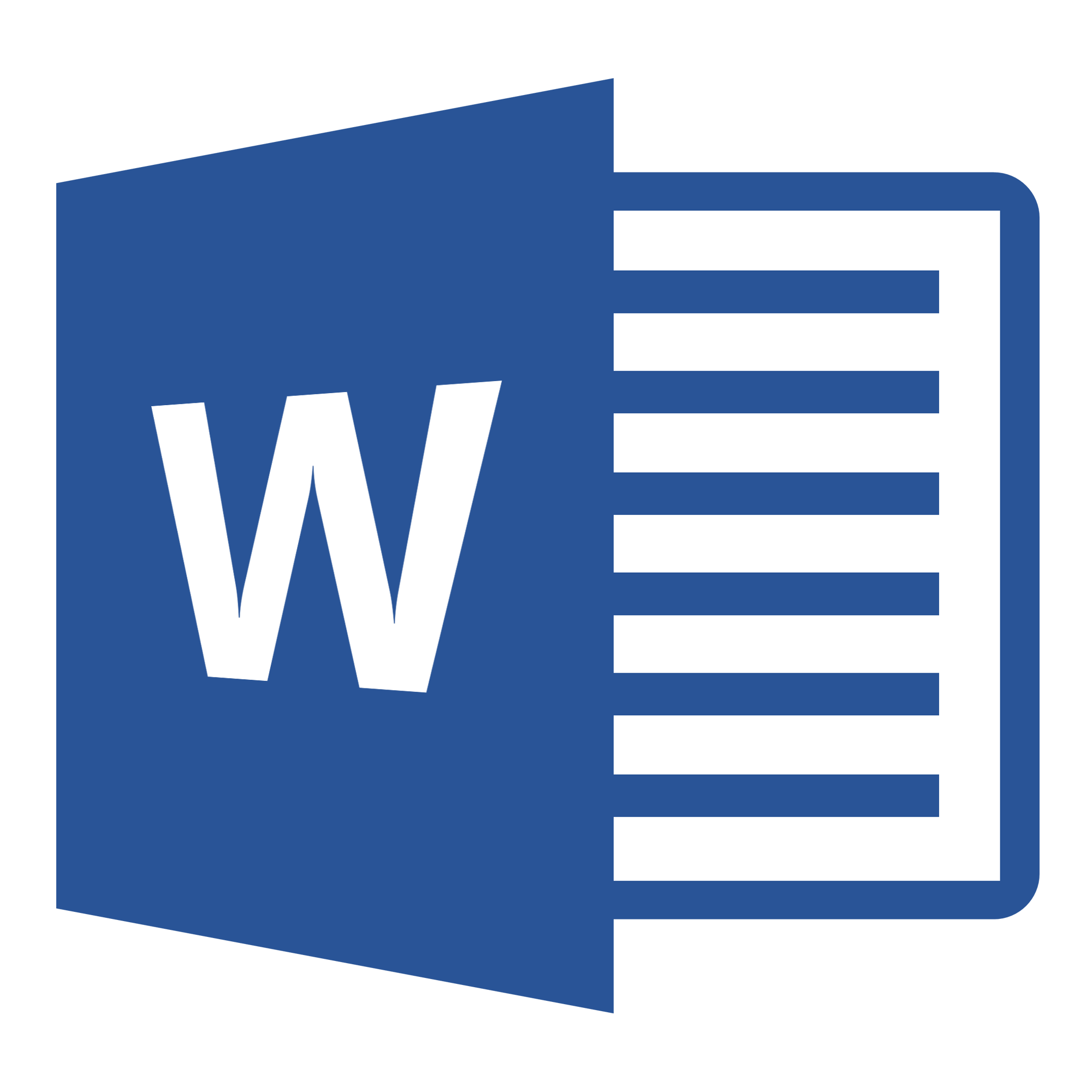Online Word
Create a new document and edit it with others at the same time — from your computer, phone or tablet. Free with a Google account. Our online Word document processor allows to create, view & edit documents quickly and easily for free. The best way to view and edit your documents anywhere through your laptop, mobile phone or tablet. Please, feel free to check our powerful Cloud SDKs and other easy-to-use online Apps. How to edit a document file online. Collaborate for free with online versions of Microsoft Word, PowerPoint, Excel, and OneNote. Save documents, spreadsheets, and presentations online, in OneDrive. Edit your DOCX files/documents. 100% free online DOCX document editor, DOCX editor, edit documents like Word, Excel, PowerPoint, MOBI, TXT, XML, HTML free online DOCX document editor, ilove DOCX documents, secure and easy to use! GroupDocs.App — advanced online. Create and edit web-based documents, spreadsheets, and presentations. Store documents online and access them from any computer.

Online Etymology Dictionary
Online Word Count

This is a map of the wheel-ruts of modern English. Etymologies are not definitions; they're explanations of what our words meant and how they sounded 600 or 2,000 years ago.
The dates beside a word indicate the earliest year for which there is a surviving written record of that word (in English, unless otherwise indicated). This should be taken as approximate, especially before about 1700, since a word may have been used in conversation for hundreds of years before it turns up in a manuscript that has had the good fortune to survive the centuries.
The basic sources of this work are Weekley's 'An Etymological Dictionary of Modern English,' Klein's 'A Comprehensive Etymological Dictionary of the English Language,' 'Oxford English Dictionary' (second edition), 'Barnhart Dictionary of Etymology,' Holthausen's 'Etymologisches Wörterbuch der Englischen Sprache,' and Kipfer and Chapman's 'Dictionary of American Slang.'A full list of print sources used in this compilation can be found here.
Since this dictionary went up, it has benefited from the suggestions of dozens of people I have never met, from around the world. Tremendous thanks and appreciation to all of you.
Microsoft Word 2016 is one of the most reliable, powerful, and feature rich word processors around, and while it's since been replaced by Word 2019, it still offers most of the functionality modern professionals need. For most people, Word needs no introduction. It's been a reliable standard on the Windows operating system for decades, and it's regarded by many as the benchmark by which all other word processing platforms are judged. But as free and cheap competitors came to the market, Word was starting to lag behind in terms of relevance. Fortunately, the 2016 is a return to form, bringing with it some smart updates and features that make it worth checking out by lapsed customers.
But just because Word has seen a significant update doesn't mean that veteran users will have to learn a new interface. In practical everyday terms, this is the same old Word. The menus and navigation interface are functionally the same, and you can expect to be able to find functions exactly where you remember them to be and rely on the old trusted keyboard shortcuts that have been a part of the product for years. But learning how to more efficiently use the platform is easier than ever before. A new search tool gives users the ability to quickly look up all the available commands. There's also improved protections built in to avoid data loss.
The ribbon was a controversial addition to the Office interface when it was first introduced, but it's since become a hallmark of the Word experience, and it works as well as ever. By condensing the most common tools that you're likely to use in a small but accessible menu bar, the ribbon gives more real estate to the document you're writing while allowing you to reach a variety of tools without having to dig deeply into menus.
But the big changes are reserved for collaboration. Word has always worked best as part of the largest Microsoft Office ecosystem, but Word 2016 brings this to a whole new level. Integration with the various components of the Office suite are tighter than everything before, and a major shift towards cloud based sharing has changed the way that professionals can use Word in some pretty major ways. Through the use of OneDrive, users can quickly share their Word documents with anyone they've given the proper privileges. But that's not the only way you can share files. Through integration with Outlook, you can attach a document via email and allow your recipients to go in and edit it at their discretion. An additional commenting feature allows you to mark up documents without changing their basic content. In short, Microsoft has paired Word with the sorts of functionality available through their Google cloud suite. Combine that with the polished and refined features at the heart of Word, and you have one of the finest word processing applications around.
Pros:
- Builds off the framework of one of the strongest word processors on the market
- Brings a whole wealth of new sharing and collaboration options

Cons:
Online Word Document
- More expensive than many of its competitors
- Outdated since the release of Word 2019